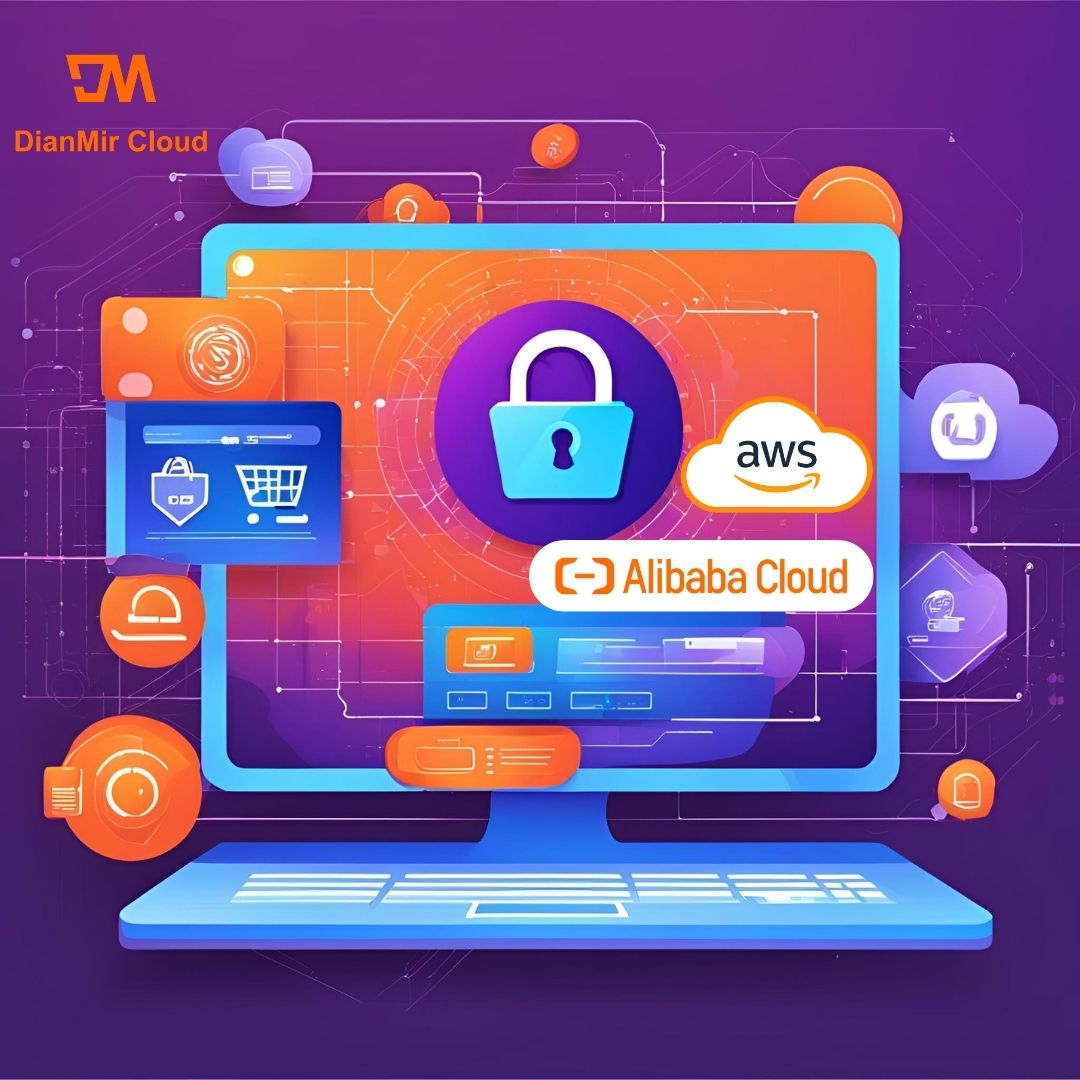Why Do We Choose Anonymous Cloud Services
In today’s increasingly surveilled digital landscape, privacy is no longer a luxury—it’s a necessity. For individuals and organizations that prioritize confidentiality, anonymous cloud hosting presents a compelling alternative to traditional KYC-bound providers. These offshore, privacy-first services offer infrastructure without requiring personal identity verification, making them a go-to solution for users seeking control, freedom, and security.
What Are Anonymous Cloud Services?
Anonymous cloud services refer to virtual private servers (VPS), dedicated servers, and other hosting solutions that can be purchased and used without submitting personal documents, undergoing KYC (Know Your Customer) checks, or linking identity to service usage.Anonymous VPS hosting serves a variety of privacy-sensitive needs. Some common scenarios include:
- Whistleblowing and Journalism
- Privacy-First Businesses
- Crypto and DeFi Projects
- Censorship Resistance
Key Advantages
Using anonymous cloud infrastructure brings a range of strategic and security advantages:- No KYC – True Privacy
- Crypto-Only Payments
- Instant Deployment



